Medicaid Versus Medicare—What’s The Difference?
by Kate Coyle
I’m guilty of it too—accidentally saying Medicaid when I mean Medicare, and vice-versa. I promise, I DO know the difference, but I sometimes blurt out the wrong term. However, I have found that a LOT of people use the terms interchangeably and do not truly understand the difference between these programs. I hope that this article educates you to what each program actually covers so that you can maximize your benefits.
Medicare
Medicare is a federal health insurance program for persons older than 65, people with disabilities, and people with end-stage renal disease. Medicare is broken into four “Parts,” as follows:
Part A covers inpatient hospital stays, short-term care in a skilled nursing facility, hospice, and some short-term home health.
Part B covers certain doctors’ services, outpatient care, medical supplies, and preventative services.
Part C also known as Advantage Plans- a type of health plan offered by a private insurance company that contracts with Medicare. They generally cover both Part A and Part B services.
Part D covers prescription drug. These plans are offered by private insurance companies. Part C plans may also include prescription drug coverage.
Medicare is designed to cover basic health needs for the groups listed above. One thing that it does not cover, however, is long term care (such as in-home care, assisted living expenses, or long-term skilled nursing).
Medicaid
Medicaid is a joint state and federal program that provides health coverage to those who cannot afford their cost of care. A person can receive both Medicare (due to their age or disability) and Medicaid (due to their financial circumstances).
Medicaid programs cover children, pregnant women, the aged, blind, and/ or disabled. Each state has its own Medicaid program. In Idaho, Medicaid is administered by the Idaho Department of Health and Welfare. These programs cover certain medically necessary expenses that are not covered by Medicare or other insurance. In this office, we see clients apply for Medicaid to cover the cost of long-term care which, as addressed above, is not covered by Medicare or regular medical insurance. In Idaho, Medicaid has standards for a person’s or married couple’s income and assets to determine is a person is eligible for assistance. Also, the state scrutinizes any gifts made within five years of the date of application. The state is also entitled to recover against any remaining assets after the death of certain Medicaid recipients and their spouses.
| Medicare | Medicaid |
|---|---|
| Federal insurance program | State/Federal assistance program |
| Age-based | Needs-based |
| Federally administered | State administered |
| Does not pay for long term nursing home care | Does pay for long term nursing home care |
I hope this is helpful in understanding the differences between these programs. If you have questions about your or your family’s health care situation, contact an experienced Elder Law attorney!

